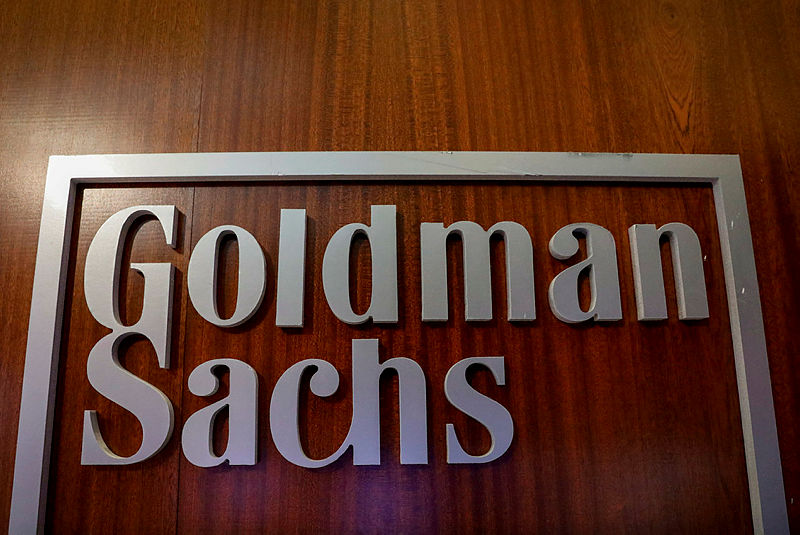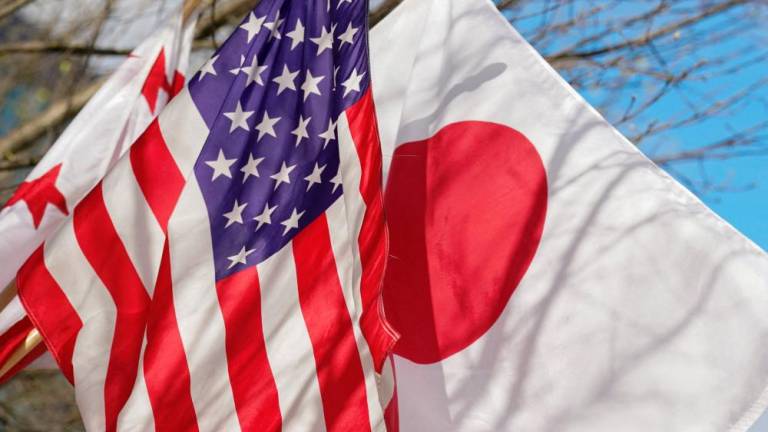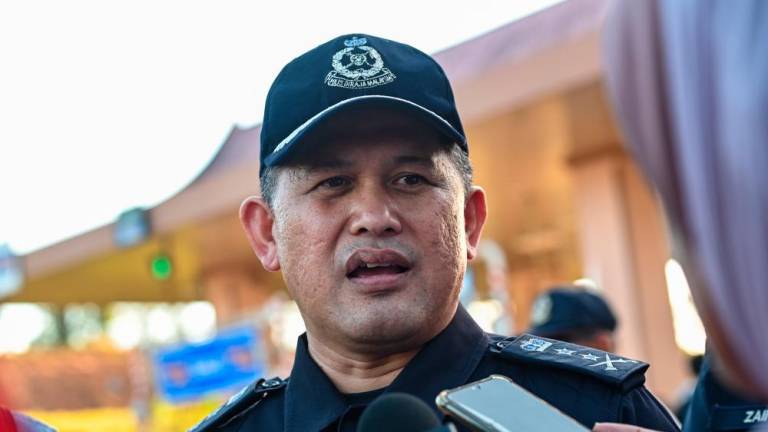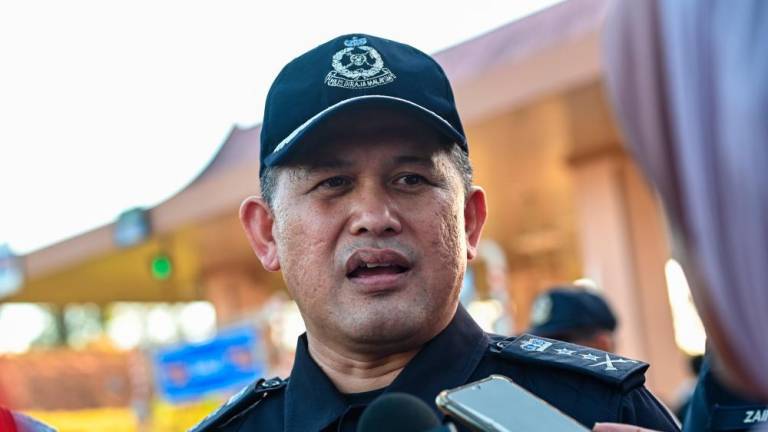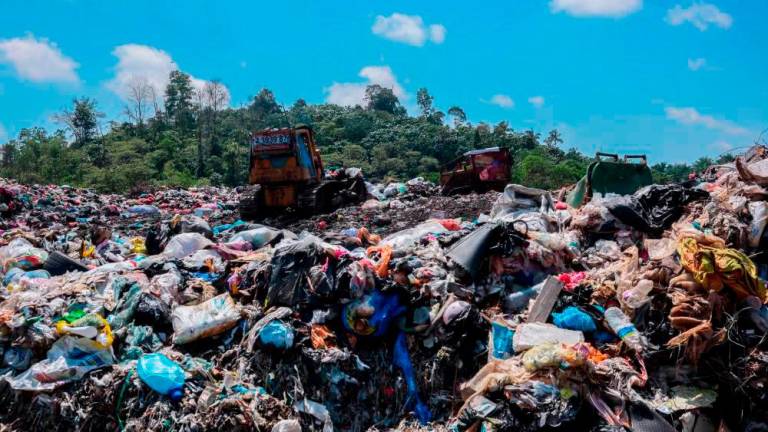NEW YORK: Goldman Sachs’s decision to potentially cut bonuses for top executives over the 1MDB scandal reflects an acknowledgement at shareholder and public outrage over the debacle.
The prestigious investment bank announced last week that it could withhold millions of dollars in bonuses to former Chief Executive Lloyd Blankfein and two other retired executives depending on the outcome of ongoing probes into the Malaysian fund.
The bonuses were first approved in 2011 and the annual payouts depend on the firm’s performance over the ensuing eight years.
In Blankfein’s case, the bonus began at US$7 million (RM28 million) and nearly doubled, according to US securities documents.
Beyond the bonuses, Goldman also said it could claw back compensation from current chief executive David Solomon and two other current senior executives, president John Waldron and chief financial officer Stephen Scherr.
Solomon was paid US$23 million (RM93 million) last year, including $15.4 million (RM63 million) in stock options.
The announcement on bonuses was intended as a message for shareholders who are upset at how the corruption scandal has tarred the bank’s image at a time when it is working to build up its consumer banking business through the online platform Marcus, according to two people familiar with the matter.
The board of directors wants shareholders to know it is not blind to the gravity of the situation, said one of the sources, adding that the message was not meant to be an admission of wrongdoing.
Besides Solomon, who also serves as chairman, Goldman’s 13-member board includes ArcelorMittal chief executive Lakshmi Mittal.
Experts say Goldman Sachs could face a fine of perhaps US$2 billion (RM8 billion) under a criminal case related to 1MDB.
Under scrutiny
In January, Solomon apologised to Malaysia over the scandal and the involvement of former Goldman partner Tim Leissner, who had pleaded guilty to violating US anti-bribery and money laundering laws.
Solomon’s statement stood out in tone from that of Blankfein, who said during the height of the financial crisis in 2009 that he was “doing God’s work” in helping companies raise capital.
US authorities have accused fugitive financier Low Taek Jho or Jho Low, along with Leissner and another former Goldman banker, Ng Chong Hwa, of conspiring to launder billions of dollars from 1MDB, a sovereign wealth fund set up for development of the country.
Goldman garnered US$600 million (RM2.4 billion) in fees and revenues from 1MDB bond transactions.
US officials maintain that more than US$2.7 (RM11 billion) billion in funds went to kickbacks and bribes.
Pointed questions facing Goldman Sachs include revelations it proceeded with its first transaction with 1MDB to finance a US$1.75 billion (RM7 billion) purchase of power plants despite being warned by rival bank Lazard that the deal looked suspicious, according to a source.
Also, a division of the investment bank agreed to do business with Jho Low even though he was rejected in 2011 from opening an account because bank officials could not determine the source of his wealth, a person familiar with the matter told AFP.
“The due diligence functions at Goldman Sachs fell apart,“ said Richard Bove, analyst at Odeon Capital and a frequent Goldman critic.
“If you’re going to raise US$6 billion (RM24 billion) for someone you better know everything there is to know about that someone.”
The three transactions were presented to the bank’s investment committees for Asia and firm-wide, which required 1MDB to pay a larger-than-usual fee because 1MDB was opposed to a syndicated loan, saddling Goldman with all of the risk, a source said.
Goldman declined comment and Lazard did not respond requests for comment. — AFP



